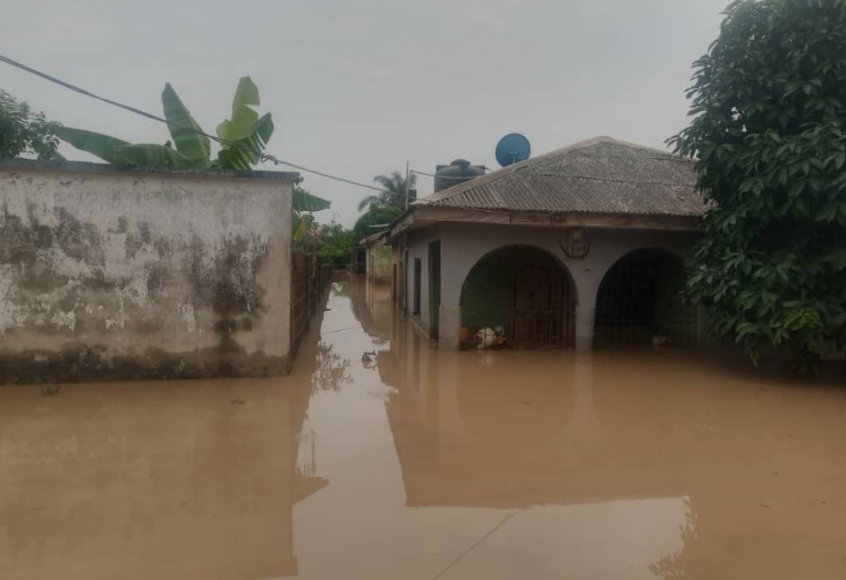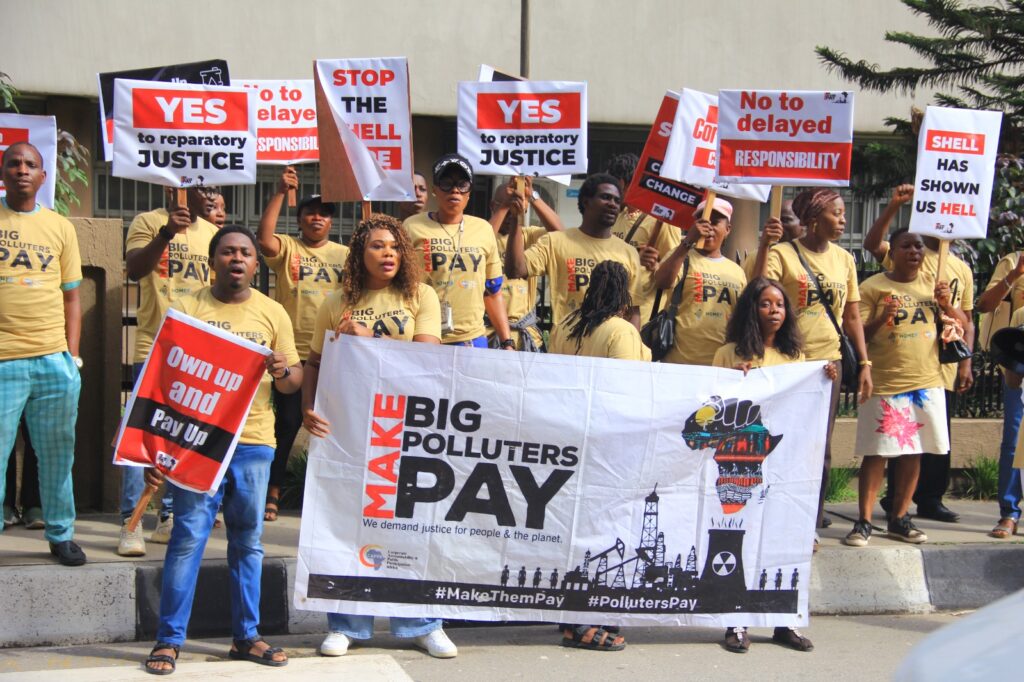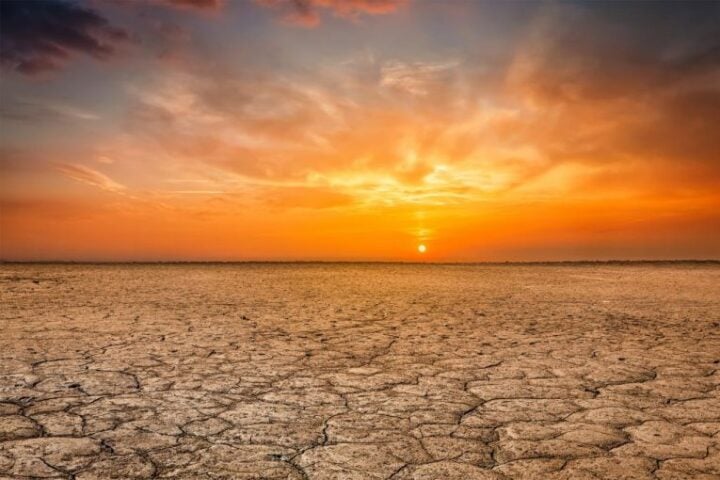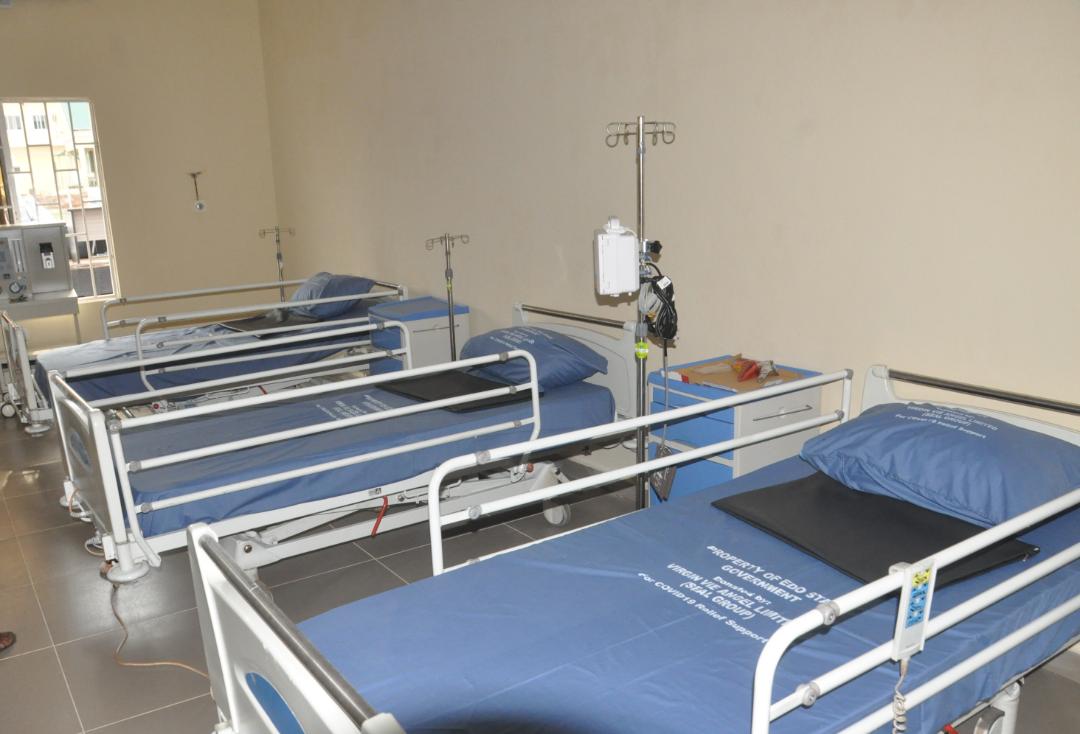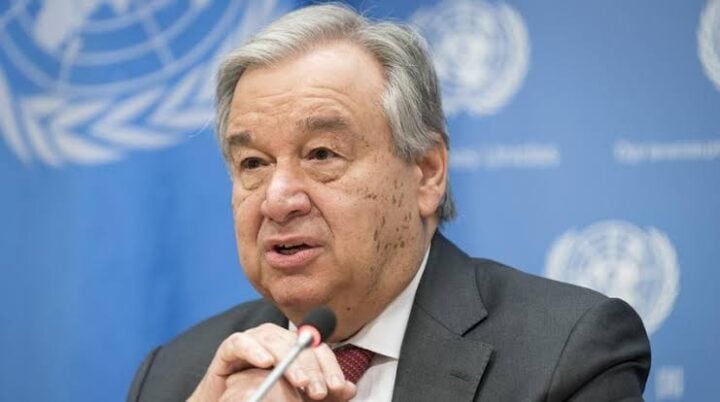Despite directly impacting our communities, health, and livelihoods, climate-related reports usually take a back seat to dominant news beats like politics and business.
Climate Watch aims to ensure you never miss important stories on climate change and actions being taken toward limiting its impact.
Here is a round-up of last week’s climate stories:
-
Tony Elumelu, the chairman of the United Bank for Africa (UBA), on May 13, called for private sector investment in tackling healthcare issues caused by climate change. Elumelu said climate change is causing new diseases, noting that healthcare issues are becoming more severe as a result of the development. He said climate finance for adequate healthcare delivery is crucial for building resilience in Africa. Elumelu said private sector innovation, funding from financial institutions, and policies from national and global health systems can help address the challenges. Read more here.
ADVERTISEMENTAdvertisement -
Stakeholders in the health, gender and environment sectors have advocated for the inclusion of women and girls with disabilities in climate change policies, programmes and disaster management initiatives. The stakeholders made the call at a meeting organised by the Network of Women with Disabilities (NWD). Lois Auta, project lead and executive director of NWD, said climate change affects women and girls with disabilities through biodiversity, food insecurity, health, economy, water sanitation and hygiene. Akintude Akinmolayen, executive director of Climate Actors Innovations and Sustainability, said there is a need to prioritise women with disabilities in various disaster scenarios and climate change impacts. He urged the government to include persons with disabilities (PWDs) in policies and early warning systems. Read more here.
-
The Corporate Accountability and Public Participation Africa (CAPPA) has asked the federal government to ensure lithium mining in the country is carried out “with a deep sense of environmental accountability and the protection of local livelihoods”. The organisation’s advice comes in the wake of the inauguration of the lithium processing plant, which produces about 4,000 metric tonnes daily, in Lafia, Nasarawa state. CAPPA raised concerns regarding the lack of state oversight in mining activities across various parts of the country. CAPPA urged the federal government to review the governance structure of the mining sector and include local communities in its decision-making processes. Read more here.
- The National Emergency Management Agency (NEMA) has partnered with the Ondo state government to sensitise stakeholders on flood preparedness, mitigation and response. The meeting, which was held on May 16, had in attendance representatives of disaster management agencies, security personnel and other relevant stakeholders. Stephen Adewale, acting zonal director of NEMA in the south-west, said the programme was part of the agency’s mandate to create awareness before the occurrence of disaster. He said Ondo is one of the states predicted by the Nigerian Meteorological Agency (NiMet) to witness flooding this year due to heavy rain. Adewale assured the stakeholders of NEMA’s willingness to collaborate with the state government in exploring long-term and sustainable solutions to both natural and human-induced disasters.
- Similarly, NEMA engaged environmental stakeholders on the level of preparedness to mitigate flooding in Gombe state. The event was attended by representatives of the police, the Nigeria Security and Civil Defence Corps (NSCDC), the Gombe State Fire Service, and Gombe state ministry of health, among others. Ummunah Ahmad, NEMA head of operations, said disaster management remains a collective task for all stakeholders. Ahmad said bringing stakeholders together would help them to deliberate on plans to mitigate flooding based on NiMet’s prediction. She urged residents of Gombe to take proactive measures to avert the disaster in their communities. On his part, Hisham Ibrahim, NiMet head of department in Gombe, said making the seasonal climate prediction (SCP) public was to ensure that governments and individuals take precautions. He added that farmers and stakeholders in the agriculture sector could leverage the report to ensure good farming activities.
Advertisement
Add a comment
